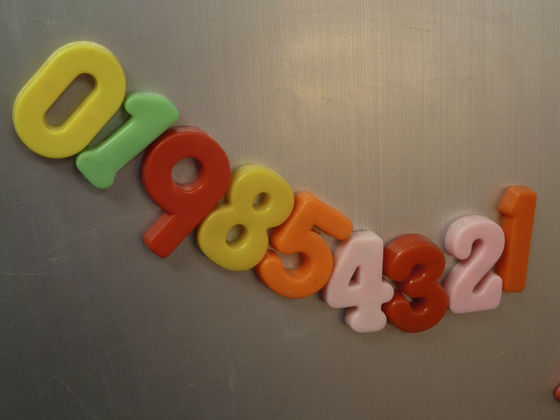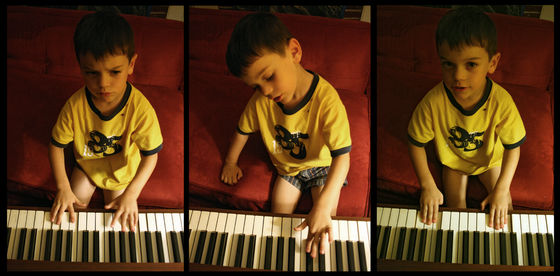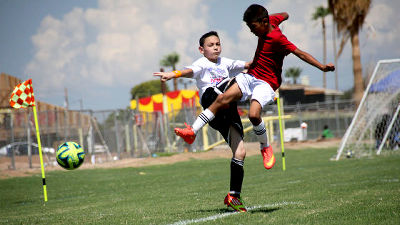Dramatic effect can be obtained by repeating practice with a purpose

ByHarsh 1.0
It is only kept for a short period of timeShort term memoryThere is a limit, for example, "To memorize multiple 10-digit random number sequence" means that most people will fail unless they are special trained persons. A field work that extends the limit of short-term memory is "Law of 10,000 hoursAnders Ericsson and others who are conducting research on "how to expand short-term memory limit to an astounding level" have been found.
The Right Way to Practice
http://nautil.us/issue/35/boundaries/not-all-practice-makes-perfect
Anders Erickson and Mr. Robert Poole were interested in the paper at the University of Pennsylvania published in 1929. That is to have two college students memorize the random number which is read out every second, and the random number is quoted at one pace per second. It is a question of how many university students will be able to memorize random numbers up to four digits by practicing for four months. Although it seems that a general human being can remember these random numbers is said to be 8 to 9 digits, one of college students finally has 9 to 13 digits and the other 11 to 15 digits It was able to memorize it until that.
Ericson and others decided to reproduce the contents of the research, although details were not described in the paper how to improve the student's memory ability. Under the cooperation of Carnegie Mellon University, fieldwork began for student Steve Faroon on strengthening short-term memory. Mr. Farun was a third grade student of moderate psychology majors and was selected as a participant of field work as an average student sample.

ByClogsilk
The field work reads a random number of several digits as "7 ...... 4 ...... 0 ..... 1 ... ... 1 ... ... 9 ... ..." at a pace of one character per second, and then answers the same number later . Mr. Faruan surely remembered that the same 7 digits as the telephone number without the US area code, seemed to be able to see the failure from the 8th digit and that it was not remembered at all if it was 10 digits . This is a totally average value, and we will investigate to what extent Faroon's memory ability can be strengthened in the subsequent exercise.
The reading speed of 1 character per second is the pace at which Faroon can store random numbers using only short-term memory, and at this speed, long-term memory is no longer used. When the same memory test was continued from the second day to the fourth day, Mr. Fern was able to memorize the number string of up to 9 digits, but it is still out of the average range. However, when I changed the question on the fifth day, a dramatic improvement was confirmed. The new questioning method is to start memorizing from 5 digits first and shift to 6 digits if correct. Faloon first succeeded in remembering nine digits for the first time, trying the method of decreasing the number of digits as the number of digits increases with each correct answer, and if it fails, decreasing the number of digits.
Mr. Faroon repeatedly failed and succeeded, and on the fifth day he came to successfully memorize eleven figures. Since the limit of short-term memory has been extended to two digits in a stretch, it proved that the new question is correct. From this day onwards, Mr. Farun's short-term memory limit has been expanding rapidly, and in the 60th session, I was able to consistently recall 20 digits figures. This is far surpassing the researchers' expectations, and when the number of sessions exceeds 100 times, Mr. Faruun's limit is 40 digits of the same degree as a professional mnemonist (memory surgeon), more than two years ago By the 200th session, we have reached 82 digits.
The following is an 82-digit random number sequence, but if you imagine that you can read one letter at a time interval of one second you should be able to understand how difficult it is to memorize.
0326443449602221328209301020391832373927788917267653245037746120179094345510355530
Although Mr. Farun who showed abnormally high capacity improvement, this is the result that "Practice with purpose" was successful. Mr. Ericsson calls simple iterative exercises as "rhetoric practice", but with practical simple practice it can dramatically improve practice performance, Mr. Ericsson explained doing. For example, if you have a test that plays music instruments, practicing the same song many times before the test is a "simple practice". At that time, instead of practicing blindly, it is possible to expect drastic improvements by setting short-term goals "to play the same song three times in a row without making a mistake at an appropriate speed".
Also, because the objective exercise is to "try again when you make a mistake", you will think about how to capture the missed point, so you can get feedback yourself. It also contributes to improving the performance of practice that the effect of correcting its own problem towards the goal is obtained.

Related Posts:
in Note, Posted by darkhorse_log







